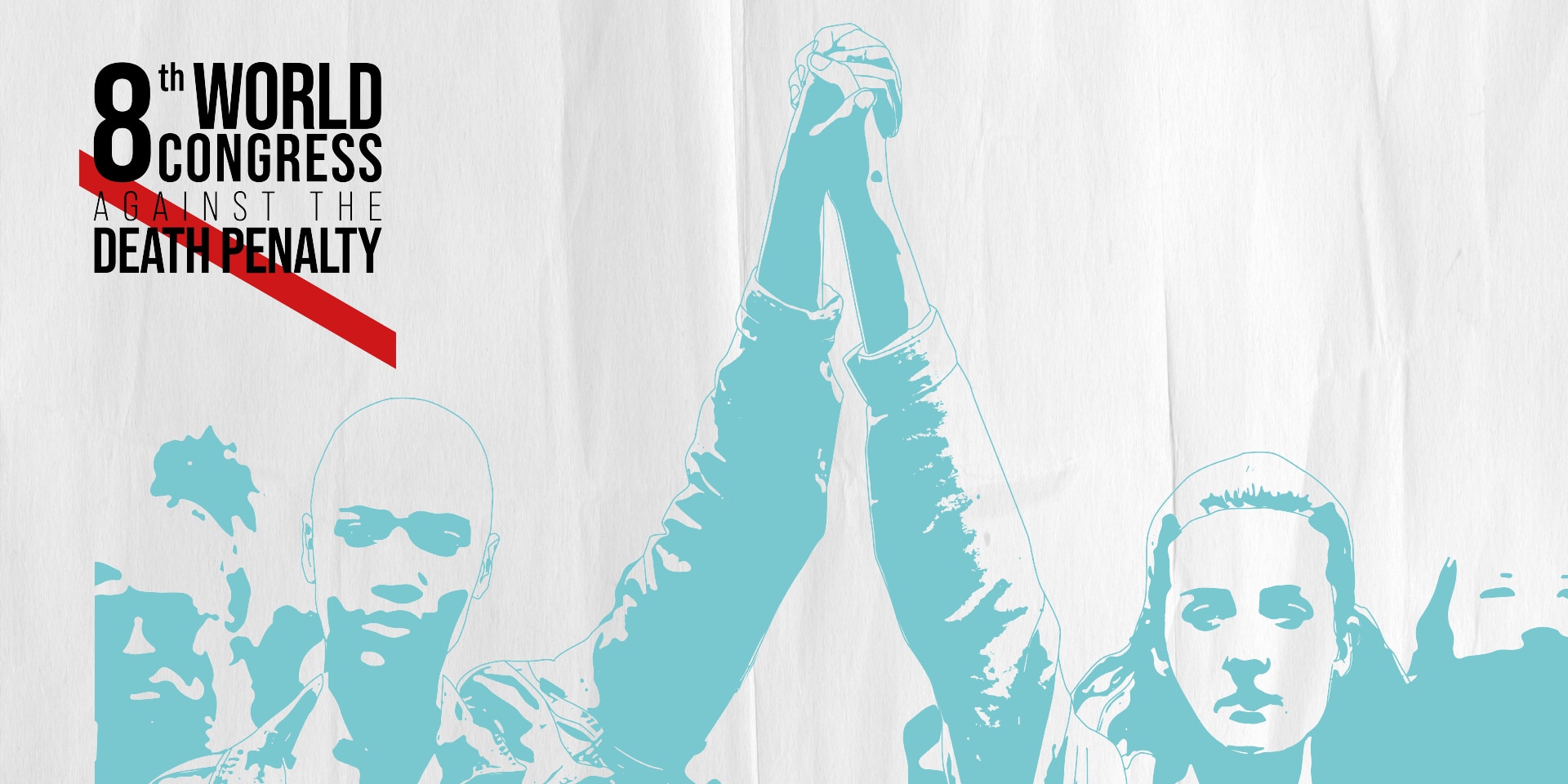A new dawn for justice: Zimbabwe bids farewell to the Death Penalty
In December 2024, Zimbabwe took a historic step by abolishing the death penalty, reaffirming its commitment to human rights. This milestone was achieved through years of advocacy, with Switzerland—through its Embassy in Harare—playing a key role in guiding discussions and fostering dialogue.

Information on the abolition of the death penalty was provided at public consultations in the provinces of Mashonaland in Zimbabwe. The public consultations were an initiative of the Swiss Embassy, the Centre for Applied Legal Research and the Government of Zimbabwe. © Embassy of Switzerland in Harare, 2023.
In a landmark achievement for human rights, Zimbabwe signed into law the abolition of the death penalty on December 21, 2024 – a decision that promises to reshape the country’s justice system and affirm its commitment to dignity and human rights.
This historic reform was the result of tireless collaboration among Zimbabwean government officials, local civil society, and a host of international partners, with Switzerland through its Embassy in Harare playing a pivotal subtle role behind the scenes. The process started with a comprehensive audit of stakeholders, which uncovered a network of activists and organisations pushing for reform, revealing at the same time the critical need for stronger government engagement.
Dialogue with different sections of society
In this sense, the Swiss Embassy, in partnership with the Centre for Applied Legal Research (CALR), worked to bridge divides by organising targeted meetings with key ministries – especially the Ministry of Justice, Legal, and Parliamentary Affairs (MoJLPA). Their efforts helped galvanise support from diverse sectors of society, laying the groundwork for high-level consultations supported by Switzerland that brought government representatives, civil society, religious leaders, and international experts together under one roof.
Grassroots consultations across Zimbabwe’s ten provinces further underscored the demand for change. Ordinary Zimbabweans, many of whom had little prior exposure to debates around capital punishment, quickly embraced the cause, understanding its implications on human rights and social justice.
“Zimbabwe’s pivotal step towards justice marks not just a reform in our legal system, but a reawakening of our national conscience,” one local advocate remarked – a sentiment echoed by Zimbabwe’s Attorney General, Mrs. Virginia Mabhiza in a recent article that hailed the decision as a transformative moment for the country.
Throughout the process, sensitisation meetings played an essential role. These sessions were instrumental in educating Members of Parliament on the human costs of the death penalty, ensuring that legislative support was both informed and supportive.
As voices from all corners of society converged in support of abolition, the new law emerged as a beacon of hope – a promise that future justice would be administered with transparency, accountability, and respect for every human life.
Switzerland's technical and strategic guidance
While the Swiss contribution was subtle, its impact was undeniable. The Embassy in Harare provided key technical assistance and strategic guidance that helped align international best practices with Zimbabwe’s unique context. Their support, alongside that of CALR, was crucial in turning policy aspirations into a concrete, forward-looking reform that now places Zimbabwe among nations committed to a more humane justice system.
For many Zimbabweans, this is not just a legal victory but a profound affirmation of their right to live with dignity. As the nation embarks on this new chapter, the collaborative spirit that powered the abolition of the death penalty stands as a model for future human rights initiatives – a testament to what can be achieved when government leadership, civil society, and international partners unite in pursuit of justice.
The FDFA's commitment to the abolition of the death penalty
In its Foreign Policy Strategy 2024–27, Switzerland has set itself the goal of actively promoting the worldwide abolition of the death penalty. It firmly rejects the death penalty as being contrary to the fundamental right to life and to human dignity. The FDFA therefore focuses its activities on raising awareness of this principle and emphasising the incompatibility of the death penalty with respect for human rights. To achieve this goal, the FDFA uses various instruments in its foreign policy:
- Diplomatic work: It holds talks with states that still apply the death penalty and encourages them to abolish it or at least to restrict and suspend its application.
- Strengthening international standards: Switzerland is committed to a stronger international framework to restrict the death penalty, including by playing a leading role in UN initiatives and supporting regional institutions.
- International cooperation: Together with like-minded states and civil society organisations, it is working to achieve concrete progress towards the abolition of the death penalty.
The Peace and Human Rights Division (PHRD) of the FDFA State Secretariat coordinates these activities. The PHRD has an overview of multilateral and bilateral measures and has a budget to support projects that campaign against the death penalty. For their part, Swiss representations monitor the situation in states that have not yet abolished the death penalty. They engage in dialogue with the authorities and civil society on the death penalty, taking into account local realities, and support them – as is the case in Zimbabwe – in implementing measures.
Universal abolition of the death penalty – Action plan 2024–2027



